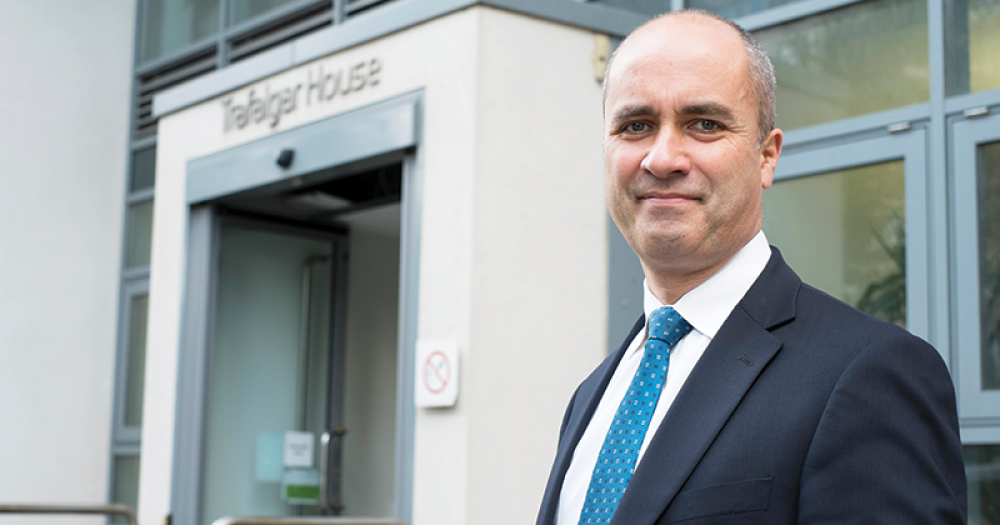The headteacher boards have been ignoring post-16 and SEND experts in their decisions on academisation – even though the government promised they would be included.
The Department for Education said the boards, which advise the regional schools commissioners on rebrokering and academy conversion, would seek “specific advice” from post-16 and special needs experts, but Schools Week understands there has only been one meeting involving them – and many now fear they’re being deliberately sidelined.
Dominic Herrington (pictured), the RSC for London and the south-east, was praised by the Sixth-Form Colleges Association for inviting post-16 academy principals to discuss their expertise.
However, the SFCA said this was the only such meeting it knew of, even though the “opportunity was invaluable”.
This meeting in November was the result of requests from the previous year from the post-16 and SEND schools communities, that a representative from each sector should have a reserved place on every headteacher board.
The government refused to make the additional spaces for experts compulsory.post
After Schools Week reported this at the time, the DfE claimed that the RSCs were communicating with SEND and post-16 specialists on ways to improve their access to the boards, so they could “offer specific advice”.
These schools are educating some of our most vulnerable children, and can also be very expensive provisions
Each board has eight spaces, encompassing four academy CEOs or headteachers elected by local academy heads, two more appointed by the local RSC, and another two “co-opted” by the rest of the board. Those who are co-opted should have specific expertise in a certain area.
Simon Knight, director of Whole School SEND, part of the London Leadership Strategy, said it was “concerning” special needs experts do not have automatic seats on the boards.
His words were echoed by Jarlath O’Brien, the director for schools at the Eden Academy trust in Middlesex, who “strongly recommended” the boards speak to local SEND experts.
The “complexities and subtleties” of special schools, as well as pupil referral units and alternative provision, which take in excluded pupils, were “not always appreciated.”
“These schools are educating some of our most vulnerable children, and can also be very expensive provisions, so any decisions about their future must be made with the fullest possible information,” he insisted.
Meanwhile, Herrington tweeted enthusiastically about his meeting with post-16 experts on November 27, calling it an “informative session.”
James Kewin, the deputy chief executive of the Sixth-Form Colleges Association, said the post-16 academy heads were asked “how they might play an active role in the region’s community of schools”.
Herrington’s headteacher board is also one of the few with a co-opted SEND expert.
Alison Beane, the executive headteacher of the Solent Academies Trust, which is a group of three special needs schools in Portsmouth, was co-opted at the last election in October.
A former member of a headteacher board, who did not wish to be named, told Schools Week the boards’ elections had produced some “unrepresentative patterns” this year, and that not all sectors are properly represented.
“Regional schools commissioners are appointed because of their extensive knowledge of the education sector,” said a DfE spokesperson, adding it was “not unusual for them to engage with leaders from across the education system.”








Your thoughts